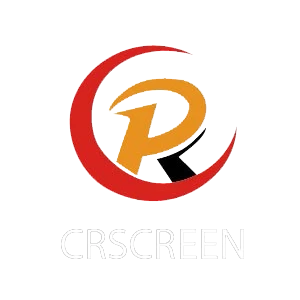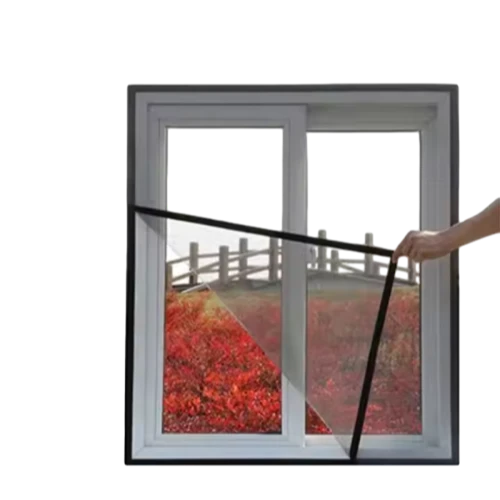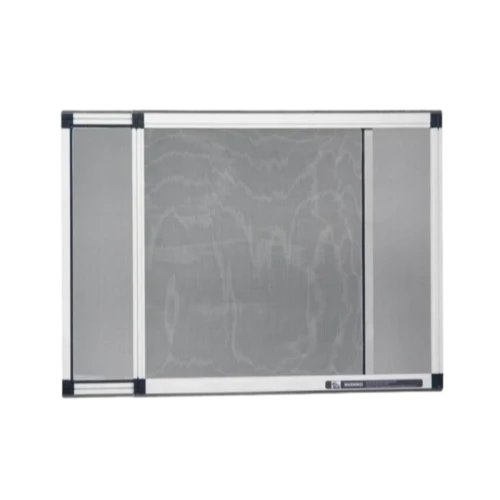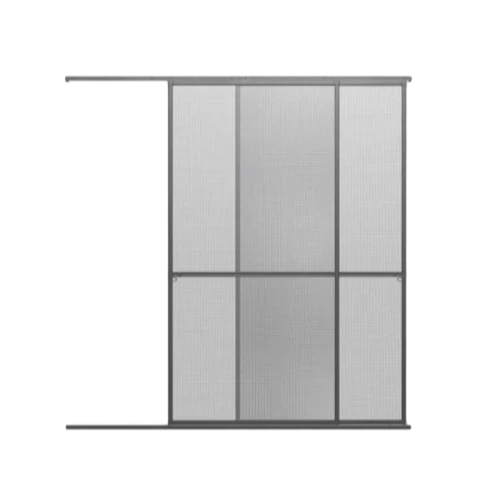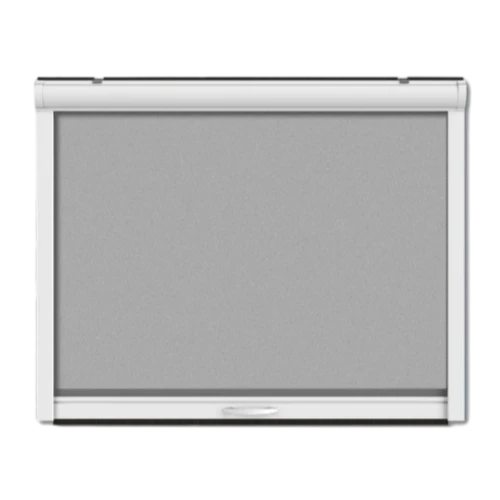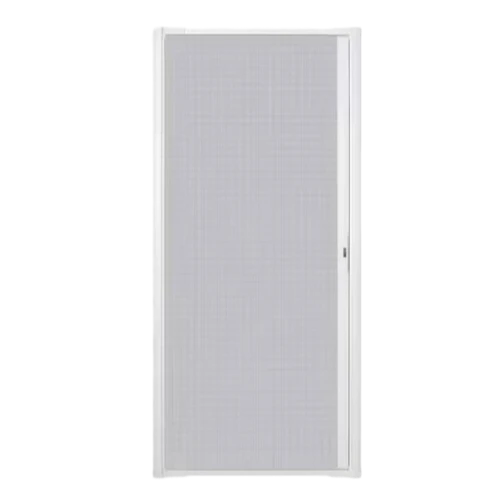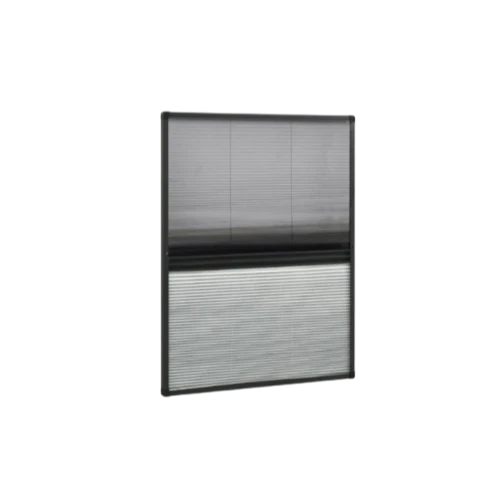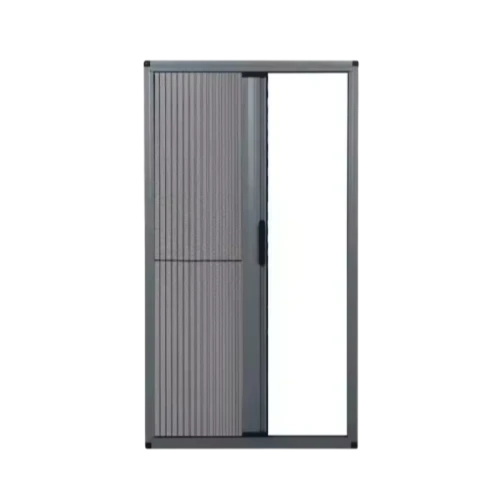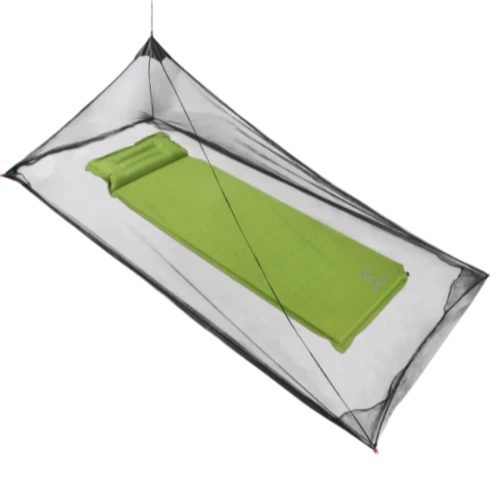Feb . 19, 2025 04:00 Back to list
magic screen window
Choosing the right window screen material is a key decision for homeowners aiming for enhanced comfort, energy efficiency, and durability in their living spaces. An exploration of different window screen materials reveals a range of options tailored to diverse functional needs and aesthetic preferences. This guide provides insights based on real-world experience and expert knowledge of window screen materials, ensuring homeowners make informed decisions backed by authoritative and trustworthy information.
Solar screens provide a high degree of sun control, reducing glare and protecting interiors from UV damage. Made from densely woven, coated polyester or fiberglass, they serve as an excellent energy-efficient option by lowering indoor temperatures and potentially reducing air conditioning costs. Solar screens are highly effective in regions with intense sunlight, providing shade and maintaining indoor comfort. However, this dense weave can reduce natural light entry and external visibility, which might not suit homeowners who prefer brighter interiors. If aesthetic appeal is a priority, bronze screens offer an elegant, high-end alternative. Crafted from durable metal alloys, bronze screens develop a beautiful patina over time, adding timeless charm to any home. They are highly corrosion-resistant and maintain their tensile strength throughout their lifespan. The historical significance and aesthetic appeal of bronze screens make them a luxurious option, though they demand a higher investment than other materials. They also require careful maintenance to preserve their finish, which could be a consideration for homeowners taking DIY approaches to home upkeep. TuffScreen, another high-performance option, brings a level of resilience suitable for areas experiencing harsh conditions. This heavy-duty screen is tear and puncture-resistant, offering incredible durability against human and natural forces alike. Ideal for screened porches and other high-traffic areas, TuffScreen’s robust construction ensures minimal maintenance and replacement costs over time. In conclusion, selecting the appropriate window screen material involves weighing factors such as durability, climate conditions, aesthetic preferences, and budget. An informed decision delivers not only lasting protection and comfort but also bolsters the aesthetic and functional value of a home. By considering real-world applications and expert insights, homeowners can confidently choose a window screen material that perfectly aligns with their specific needs and location.
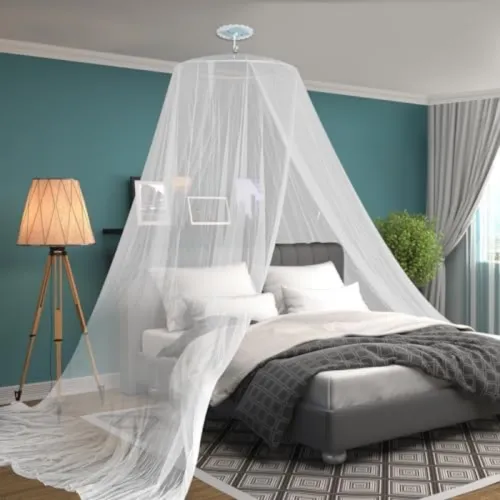

Solar screens provide a high degree of sun control, reducing glare and protecting interiors from UV damage. Made from densely woven, coated polyester or fiberglass, they serve as an excellent energy-efficient option by lowering indoor temperatures and potentially reducing air conditioning costs. Solar screens are highly effective in regions with intense sunlight, providing shade and maintaining indoor comfort. However, this dense weave can reduce natural light entry and external visibility, which might not suit homeowners who prefer brighter interiors. If aesthetic appeal is a priority, bronze screens offer an elegant, high-end alternative. Crafted from durable metal alloys, bronze screens develop a beautiful patina over time, adding timeless charm to any home. They are highly corrosion-resistant and maintain their tensile strength throughout their lifespan. The historical significance and aesthetic appeal of bronze screens make them a luxurious option, though they demand a higher investment than other materials. They also require careful maintenance to preserve their finish, which could be a consideration for homeowners taking DIY approaches to home upkeep. TuffScreen, another high-performance option, brings a level of resilience suitable for areas experiencing harsh conditions. This heavy-duty screen is tear and puncture-resistant, offering incredible durability against human and natural forces alike. Ideal for screened porches and other high-traffic areas, TuffScreen’s robust construction ensures minimal maintenance and replacement costs over time. In conclusion, selecting the appropriate window screen material involves weighing factors such as durability, climate conditions, aesthetic preferences, and budget. An informed decision delivers not only lasting protection and comfort but also bolsters the aesthetic and functional value of a home. By considering real-world applications and expert insights, homeowners can confidently choose a window screen material that perfectly aligns with their specific needs and location.
Products
Latest news
-
Unveiling the Allure and Practicality of Classic Mosquito Nets
NewsJul.04,2025 -
Unraveling the World of Mosquito Nets: Varieties, Costs, and Production
NewsJul.04,2025 -
Redefining Protection and Style: The World of Mosquito Nets
NewsJul.04,2025 -
Enhancing Sleep and Style with Contemporary Mosquito Nets
NewsJul.04,2025 -
Diverse Solutions in Mosquito Netting: Sizes, Varieties, and Flexibility
NewsJul.04,2025 -
Deciphering Mosquito Nets: Significance, Varieties, and Applications
NewsJul.04,2025 -
Transforming Bedrooms into Mosquito - Free Havens
NewsJul.01,2025
